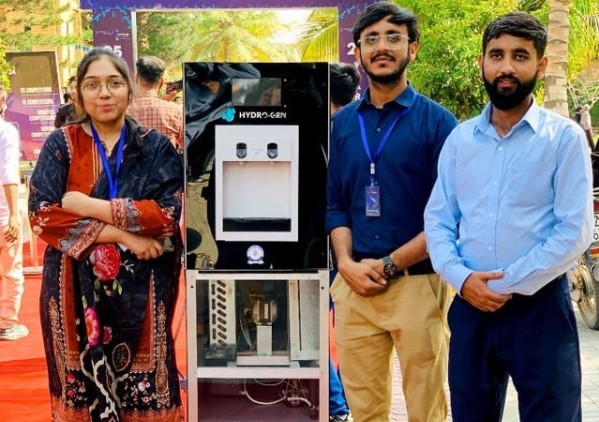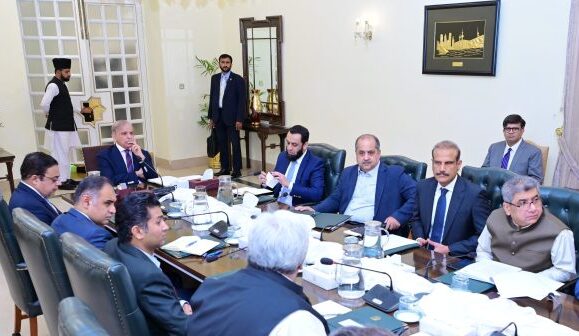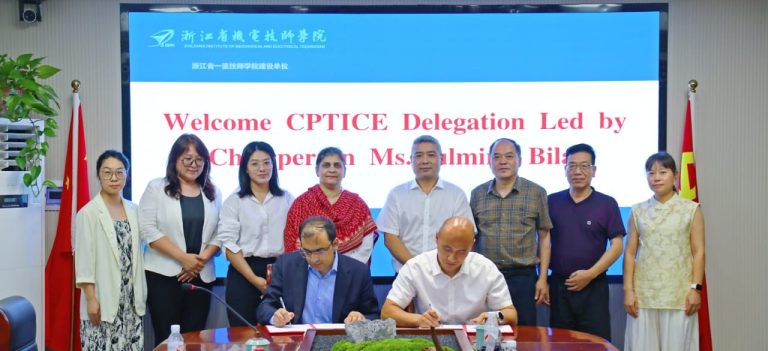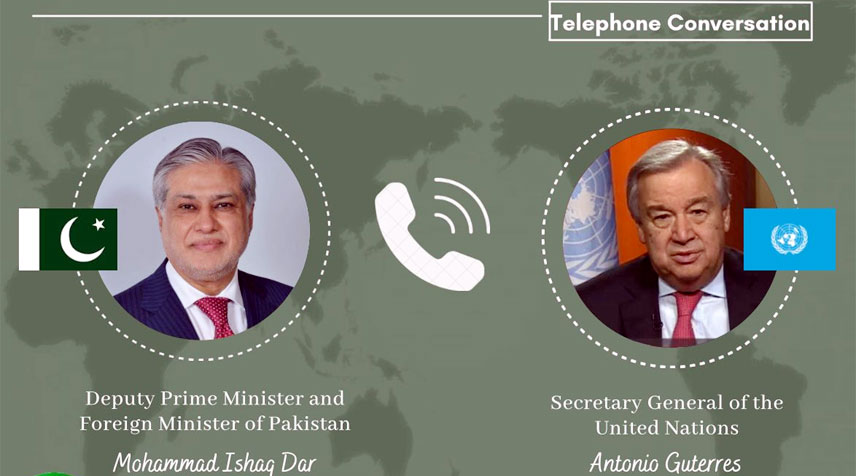
Pakistani Students Develop Machine to Extract Water from Air
- Technology
- October 7, 2024
- No Comment
A breakthrough in technology has been achieved by students from Bahria University as they develop a machine that extracts drinkable water from air moisture. Named “Hydrogen,” the device was designed by electrical engineering students Ali Jan, Hasham Bin Tabsam, and Syeda Amna Ali under the supervision of Dr. Aurangzeb Rashid Masood.
The innovative machine transforms humidity into safe drinking water and produces water at a cost 70% lower than the multinational bottled water brands while maintaining similar quality standards. This project addresses the growing water scarcity problem worsened by climate change, offering a solution for regions suffering from water shortages. By producing clean drinking water in these areas, Hydrogen can play a significant role in combating waterborne diseases across Pakistan.
The device, capable of extracting up to 60% of the moisture in the air, provides water that rivals the quality of leading global bottled water brands. The current cost of water production stands at Rs. 29 per liter, but shifting the machine to run on solar energy could drastically reduce costs, making it feasible to provide clean water in remote and off-grid areas.
Though previously dominated by countries like Israel and the U.S., Pakistani students have successfully developed this technology at three to four times less cost than its international counterparts.
Team member Hasham Bin Tabsam revealed that the prototype cost Rs. 200,000 to build, but the machine can be commercially manufactured for Rs. 150,000. By utilizing solar energy, the per-liter cost of water could be reduced to just Rs. 0.50. Furthermore, the system’s performance, along with real-time water quality, can be monitored and controlled through a mobile app.
This machine also offers the potential to convert water from air conditioners into drinkable water, simply by connecting the AC’s pipe to the machine, producing clean water at Rs. 0.75 to Rs. 1 per liter.
The team aims to collaborate with domestic manufacturers to produce the device on a commercial scale, helping address Pakistan’s growing need for clean drinking water and reducing health risks associated with contaminated water.







